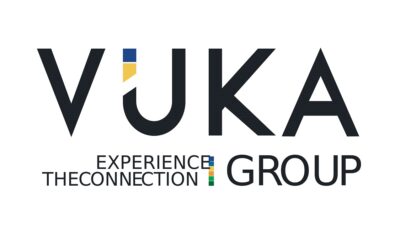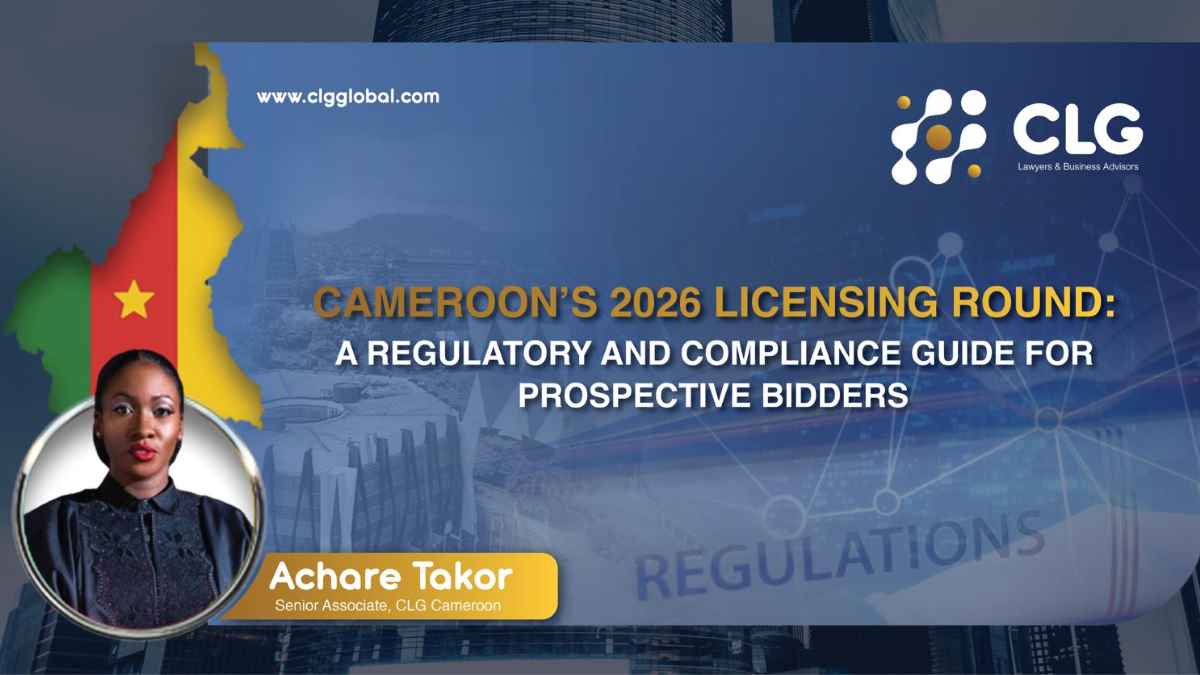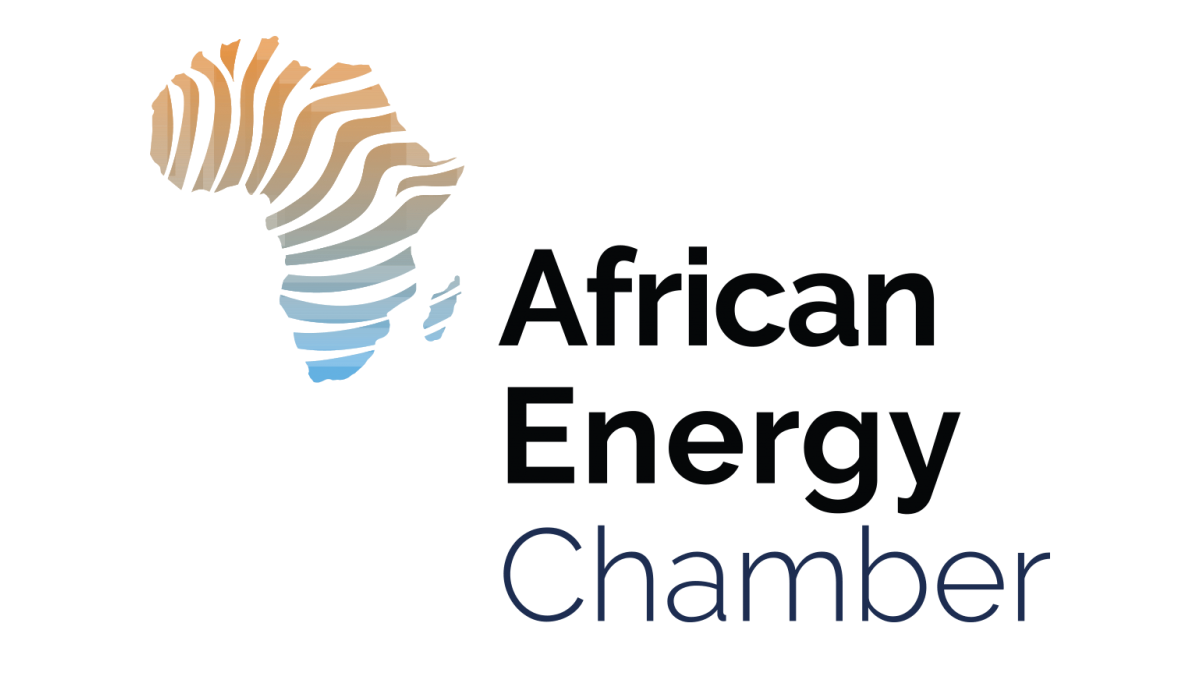SANDTON, South Africa, February 26, 2026/APO Group/ —
Introduction
Cameroon’s 2026 licensing round represents one of the most structured and commercially compelling entry points into proven producing basins in Central Africa in recent years. Within its mandate to promote and valorise hydrocarbon resources in the national oil and gas domain of the Republic of Cameroon, the The Société Nationale des Hydrocarbures (SNH) has brought to market nine blocks located in the Rio del Rey and Douala/Kribi-Campo basins, all of which lie in close proximity to existing producing fields and are supported by 2D and 3D seismic coverage, drilled wells, discovery wells, identified leads and undrilled prospects. This is taking place in a country with approximately 200 million barrels of proven oil reserves (U.S Energy Information and Worldometer Data) and significant gas potential, governed by a modern legislative framework under Law No. 2019/008 of 25 April 2019 instituting the Petroleum Code, its enabling acts and and Decree n° 2023/232 of May 04, 2023.
For investors, the decisive question is whether their bid satisfies the legal and regulatory conditions for participation and evaluation. Entry into the round is determined at the submission stage by a number of mandatory parameters: the choice of petroleum contract under the Petroleum Code, the commitment to a minimum work programme within the exploration periods, the ability to meet the corporate, technical, financial, environmental and local content requirements set out in the Call for Expression of Interest. These are the criteria against which bids will be assessed.
This article sets out the legal and regulatory framework governing participation in Cameroon’s 2026 licensing round. It focuses on the mandatory requirements bidders must satisfy under the Petroleum Code and the SNH Call for Expression of Interest.
Key Milestones in the Bidding Process
Although the licensing round was launched on 1 August 2025, the process is now approaching its final stages. With the data consultation period closing on 15 March 2026 and the bid submission deadline fixed for 30 March 2026, prospective bidders are in the critical phase of finalising their technical evaluation, corporate structuring and financing arrangements. At this stage, the focus is on the preparation of a compliant and competitive proposal. The Call for Expression of Interest sets out the procedural timetable below.
| No |
Milestone |
Date |
| 1 |
Launch of the licensing round |
1 August 2025 |
| 2 |
Opening of data consultation period |
1 September 2025 |
| 3 |
Close of data consultation period |
15 March 2026 |
| 4 |
Deadline for submission of proposals |
30 March 2026 – 12:00 noon (local time) |
| 5 |
Public opening of proposals in the presence of
all bidding companies or their representatives: |
30 March 2026- 13:00 (local time) |
| 6 |
Publication of the results: |
|
Participation in the Licensing Round: Pre-Qualification and Eligibility
Participation in the licensing round is subject to the pre-qualification requirements of the Petroleum Code and the Call for Expression of Interest. Under Law No. 2019/008 of 25 April 2019 Sections 2 and 7, petroleum operations may be conducted only by a petroleum company, defined as a commercial company or public industrial and commercial establishment with the technical and financial capacity to carry out such operations in safe, hygienic and environmentally safe conditions, accordance with applicable laws and international standards.
The process is open to both Cameroonian and foreign petroleum companies and there is no nationality restriction. A foreign company must, prior to the signing of the petroleum contract, establish a locally registered subsidiary that will remain in place for the duration of the contract. Participation is therefore limited to legally constituted entities, and the corporate, financial and operational documentation required in the proposal effectively excludes individuals.
Bids may be submitted by a single company or by a consortium. In the case of a consortium, the legal structure of the bidding vehicle is examined prior to the technical evaluation of the proposal and, where only one petroleum company is involved, that company must act as operator and hold the majority participating interest.
The Call for Expression of Interest further provides that the State reserves the right, following evaluation of proposals and notification of the results, to enter into negotiations with several companies simultaneously for a given block with a view to securing the most favourable contractual terms. It also retains the discretionary power to accept or reject any proposal without assigning reasons. This underscores the competitive nature of the process and the importance of submitting a proposal that is not only technically and financially credible but also fully compliant with the legal and corporate requirements of the round.
Assets on Offer and Minimum Work Programme Commitments
The Call for Expression of Interest invites bids for nine exploration blocks located in the Rio del Rey and Douala/Kribi-Campo basins. Bids may be submitted for one or more blocks, subject to compliance with the proposal requirements.
Each block is associated with a defined minimum work obligation which must be reflected in the bidder’s technical and financial offer. These commitments constitute the baseline for the evaluation of the proposal and are summarised below.
| Work Obligation
|
Block(s) |
Minimum Work Program Requirement |
| 3D Seismic Acquisition + 1 Exploration Well |
Ntem, Tilapia, Etinde Exploration, Elombo |
Drilling of at least one exploration well during the initial exploration period together with 3D seismic acquisition and geoscience studies |
| 2D/3D Seismic Acquisition + 1 Exploration Well |
Kombe-Nsepe, Bomono |
Drilling of at least one exploration well during the initial exploration period together with 2D and/or 3D seismic acquisition and geoscience studies |
| 3D Seismic Reprocessing + 1 Exploration Well |
Bolongo Exploration |
Drilling of at least one exploration well together with reprocessing of available 3D seismic data and geoscience studies |
| 2D/3D Infill Seismic + 1 Exploration Well |
Ndian River, Bakassi |
Drilling of at least one exploration well together with 2D/3D infill seismic acquisition |
Mandatory Selection of the Petroleum Contract
The Call for Expression of Interest requires each bidder to specify in its proposal the type of petroleum contract for which it is applying. The choice of contract is therefore a mandatory condition for participation in the licensing round and forms part of the admissibility of the bid.
In accordance with section 14 of Law No. 2019/008 of 25 April 2019 instituting the Petroleum Code, upstream petroleum operations in Cameroon are conducted under one of the following contractual models concluded with the State:
(a) Concession Contracts: where the holder shall be responsible for financing petroleum operations and, in accordance with the terms of the contract, dispose of the hydrocarbons extracted during the contract validity period, subject to the right of the State to collect royalties in kind.
(b) Production Sharing Contracts: where the holder shall be responsible for financing petroleum operations and, hydrocarbon production shall be shared between the State and the holder in accordance with the terms of such contract.
(c) Risk Service Contracts: where the holder shall be responsible for financing petroleum operations and, shall be remunerated in cash in accordance with the terms of such contract.
The legal and fiscal consequences of the choice of contract, shape the entire bid. From a financing perspective, it determines how reserves are booked, how lenders analyse the revenue stream and how the contractor’s return is structured. From a governance perspective, it determines the degree of operational control, the mechanisms for cost recovery and the conditions under which the State exercises its supervisory powers.
Consortium Structure and Operator Requirement
The Call for Expression of Interest permits bids to be submitted by a single company or by a consortium. In all cases, the bidding vehicle must satisfy the qualification requirements of the Petroleum Code.
In practical terms, this means that operational responsibility must rest with a petroleum company. Where a consortium includes only one petroleum company together with other investors, that company is required to act as operator and to hold the majority participating interest. This allows financial or strategic partners to participate in the project while ensuring that the entity responsible for petroleum operations has the technical and financial capacity required by law.
The legal and corporate structure of the consortium is examined before the technical and financial evaluation of the proposal. The composition of the consortium, the allocation of participating interests and the identification of the operator must therefore be established at the time of submission.
In practical terms, the legal architecture of the consortium is assessed before the geological interpretation of the block or the scale of the work programme. The bid therefore succeeds or fails first as a corporate structure and only subsequently as a technical proposal.
Training Budget as a Mandatory Financial Commitment
Beyond the technical work programme, the Call for Expression of Interest requires bidders to incorporate a defined training budget into their financial offer. The minimum amount is set at USD 100,000 per year during the exploration phase and USD 250,000 per year during the development and exploitation phase.
This obligation forms part of the financial parameters on which the proposal is evaluated and must therefore be reflected in the bid at the time of submission.
From a regulatory perspective, the training budget is one of the instruments through which the State implements the national capacity-building objectives of the Petroleum Code. It operates as a contractual commitment linked to the duration of petroleum operations and must be integrated into the overall project economics from the outset.
Environmental Protection and Local Content
The Petroleum Code integrates environmental protection and local content into the core obligations of the contractor. Sections 87, 88 and 89 require the promotion of employment and training of Cameroonian nationals, the use of local goods and services and the development of national technical capacity.
The SNH requires bidders to submit a specific note explaining how the proposed work programme will address environmental protection and how it will implement the local content obligations established by the Code. These elements are therefore part of the competitive assessment of the bid. Investors who integrate them into their operational model at the bid stage are structurally better positioned to move rapidly into the development phase.
Conclusion:
Cameroon’s 2026 licensing round provides access to blocks located in established producing basins with available subsurface data. At this stage of the process, the differentiating factor for bidders is the ability to submit a compliant proposal supported by demonstrable technical and financial capacity and a credible work programme.
Early and strategic engagement with experienced legal, technical and financial advisers is therefore imperative. The structure adopted for the bid must satisfy the requirements of the Petroleum Code and the SNH’s call for Expression of Interest while at the same time producing a project capable of attracting capital and moving to first production within the contractual timeframe.
*********
CLG advises investors throughout the licensing process, from the structuring of a compliant bidding vehicle to the preparation of the proposal and the negotiation of the petroleum contract. With an established presence in Cameroon and across the Central African energy market, CLG also supports the post-award phase, including regulatory approvals, joint venture arrangements and the implementation of the legal framework required to move from licence to first production.
Achare Takor
Senior Associate, CLG Cameroon


 Energy5 days ago
Energy5 days ago
 Business5 days ago
Business5 days ago
 Business5 days ago
Business5 days ago
 Energy5 days ago
Energy5 days ago
 Energy5 days ago
Energy5 days ago
 Energy4 days ago
Energy4 days ago
 Energy5 days ago
Energy5 days ago
 Hospitality4 days ago
Hospitality4 days ago







